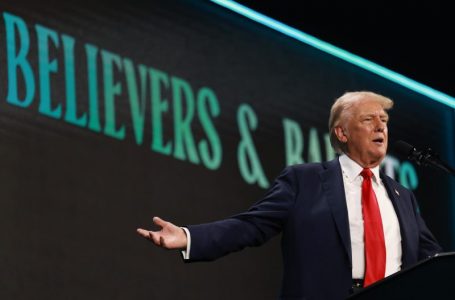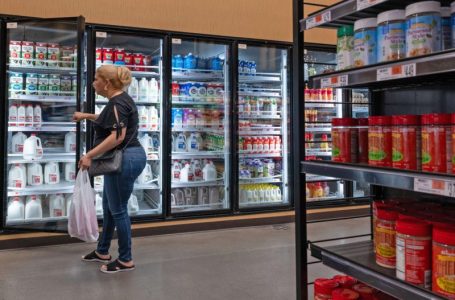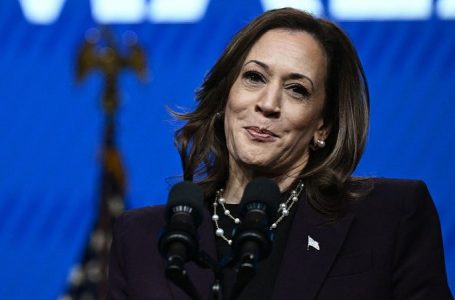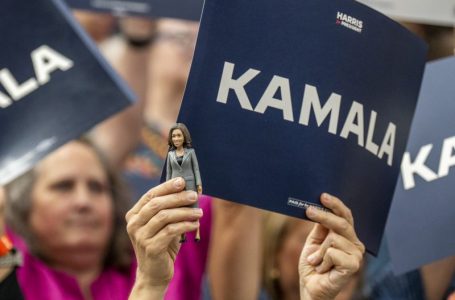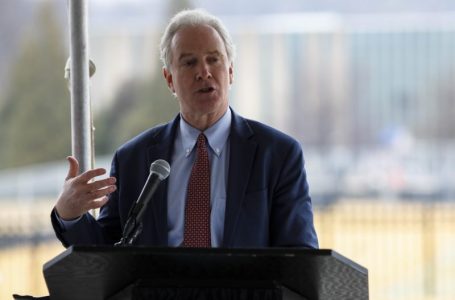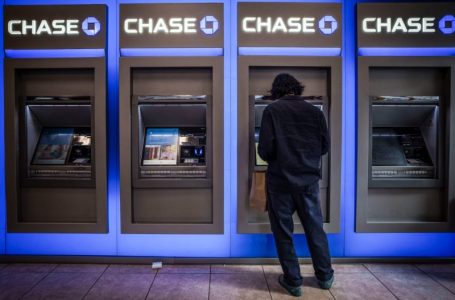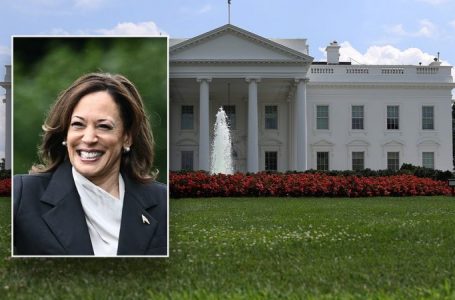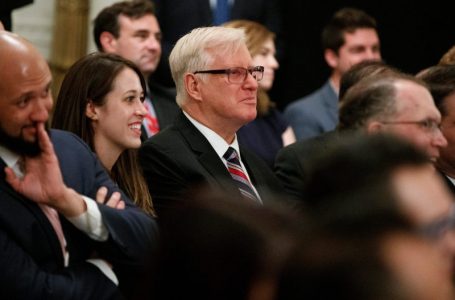A bullet — or bullet fragment — hit Trump during assassination attempt, FBI says
Americans are unusually down on a solid economy. So far, they aren’t spending — or voting — like it.
Americans have long associated economic health with a sense of security and well-being, but something strange is happening this year. Despite low unemployment and modest growth, financial security remains out of reach for many Americans, and a general sense of disquiet continues to shape their views on the economy and politics.
Despite a solid economic story, many Americans remain deeply anxious about their personal circumstances, the wellbeing of their families, and the future of the economy. They have a sense that the benefits of the recovery have not been shared evenly and that the economy is still vulnerable. They fear that inequality is perpetuating a class divide across the country and that global competition is hamstringing the long-term prospects for U.S. workers. As a result, they are not spending or voting in a way that typically corresponds to strong economic conditions.

